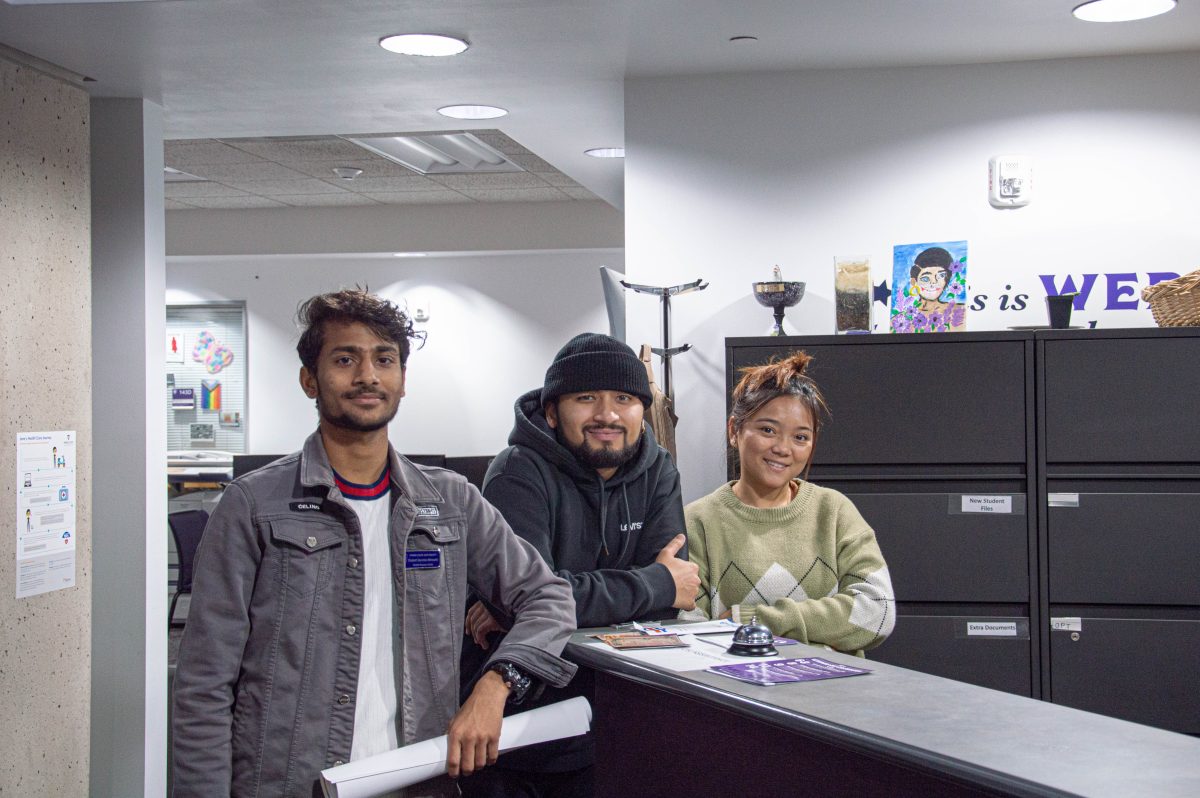International students ultimately play a crucial role in enhancing Weber State’s cultural variety, introducing perspectives that transcend national boundaries and establishing an environment where students from all backgrounds can benefit from one another’s knowledge.
Being an international student in the United States is a unique experience that comes with both opportunities and challenges for many.
Starting the journey requires securing a visa, which can be a difficult and costly process that requires the preparation to live far from home. Administrative difficulties follow, like maintaining student status and, in some situations, running into limited job options.
As they get ready to return home, students who have lived in a country for a long time may feel overwhelmed and alienated since they don’t feel like they belong. More than 800 international students attend Weber State, adding a variety of viewpoints that enrich the school and the city of Ogden.
“At first, it was extremely difficult, nearly impossible for international students to secure a scholarship,” Swedish student George Babos said, highlighting the widespread difficulty experienced by students who must compete with high tuition fees and few funding opportunities.
According to Babos, Weber State has made significant strides in lowering the cost of education, providing financial aid to international students and allowing more students to continue their education without financial hardship.
Aside from financial obstacles, numerous foreign students face cultural disparities that require time to which they must adjust. Adapting to the cultural norms in America can be just as difficult as dealing with financial struggles.
“It’s certainly a culture shock,” Babos said. “Swedes are often viewed as introverted, whereas Americans are often seen as very extroverted. Swedes are very considerate of others’ feelings, whereas people in this place are not. Private matters like salary and money are not up for discussion, whereas Americans openly talk about personal topics with each other.”
Babos’ findings demonstrate only a single aspect of the cultural adaptation that international students frequently encounter. In some cultures, certain subjects are viewed as too private to discuss openly, whereas in American culture, sharing and openness are more accepted. At first, these disparities can be shocking, causing sensations of isolation or unease. Nevertheless, with time, students typically manage to adjust, and some come to value the new cultural standards, developing abilities in cross-cultural communication and openness that could benefit them for years to come.
For students like Babos, attending Weber State is not only about academics, it is a process of individual development. International students develop resilience by adapting to a different culture, experiencing the challenges of being far from their native countries and learning new social customs. Many international students ultimately establish a sense of belonging in the university’s international community by forming connections through mutual experiences and obstacles.
Babos’ story demonstrates the dedication and adaptability of international students as well as their positive impact on American universities. In order for more people like Babos to take advantage of opportunities, build relationships and leave a lasting impression, Weber State should support this community.















